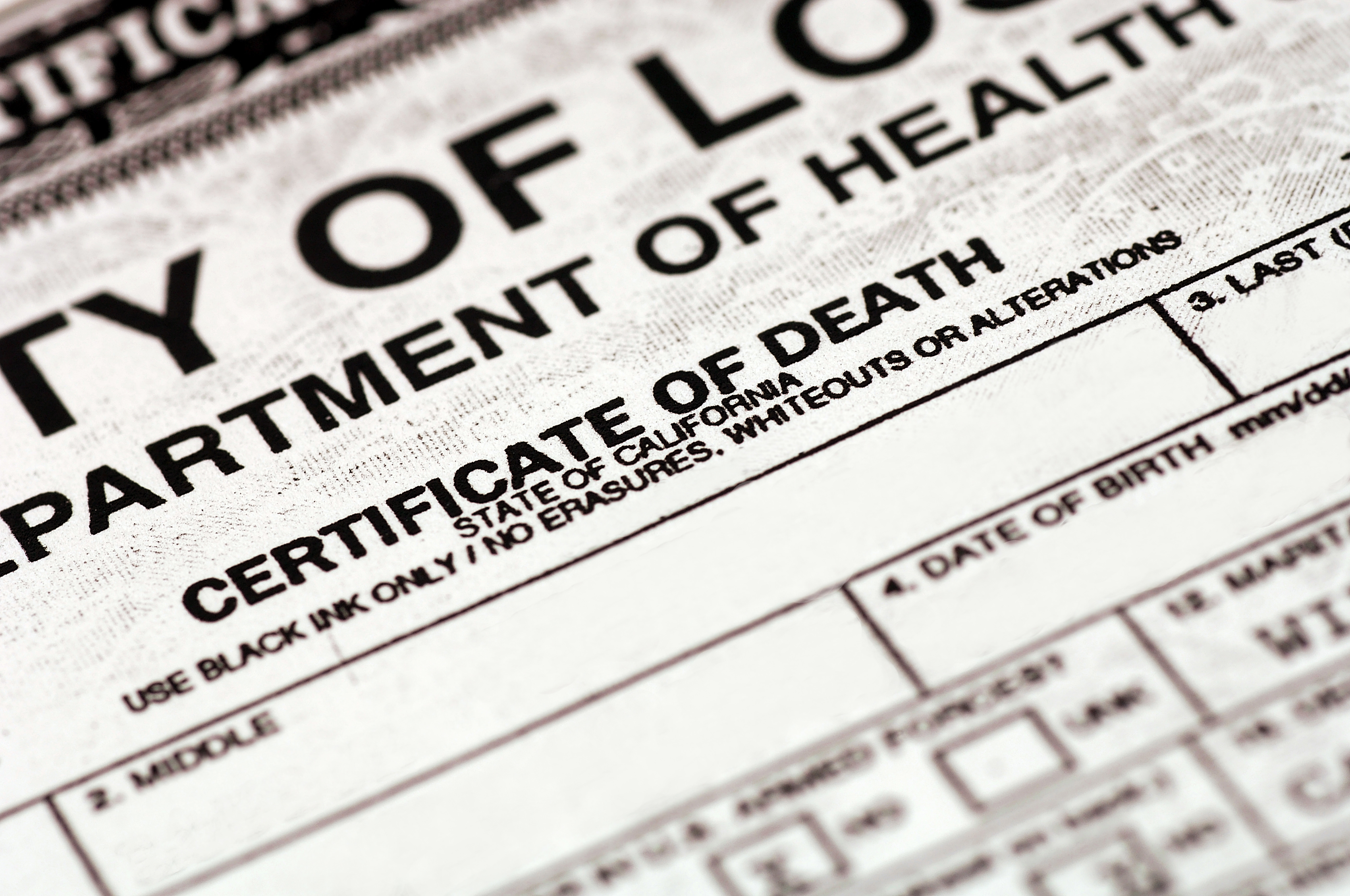The last thing a family suffering from the loss of a loved one wants to do is worry about money. If you were to die, your spouse would be dealing with intense emotions and pain, and, if you have children, trying to help them deal with the loss as well. That is more than we ever want our families to have to endure, but to have financial problems as well? What if they had to move because your spouse is unable to pay the mortgage on one income? What if your children were no longer able to participate in the things they love to do? I think we can all agree, it is worth the discomfort of thinking about the worst to go ahead and make a plan to protect your family.
The first thing families should do is to get their estate plans in place.
Maybe you decide to go with our Family Trust Package, so you and your spouse have the Marital Living Trust, Wills, Healthcare Power of Attorneys, Financial Power of Attorneys, and the deed to place your home into your Trust. Everything is right on track, and if something happens your family is completely protected. However, a potential loss of income can complicate things. Your spouse may not be able to pay the mortgage, car loans; nor will your kids get to keep playing sports, or taking dance.
Planning your estate is basically a succession plan in the event one or both of you will not be around anymore. It is setting up your family to financially succeed when you are not around to help.
How can you set your estate up to make sure your family’s standard of living does not suffer? One affordable suggestion: Life Insurance. Life insurance can be an excellent tool to create a large, cash, tax-free death benefit. It is used in business to help buy-out families of deceased partners, to pay for the expenses incurred as a result of a person’s death (i.e. funeral bill), and can be used to help a family go on living the standard they have become used to. So how much life insurance do you need? Think about what debts you are dealing with, and how much of the lost income you would need to replenish.
Most young families are dealing with a monthly mortgage or rent payment. This means you and your spouse have promised to pay a debt to someone so you can live in your home. If one of you dies, this does not eliminate that promise or give you an out, it only makes it harder to live up to. In addition, think about what other debts or regular monthly payments you have. Did you purchase furniture or a flat-screen TV on a 0% interest payment plan? Car loans? Student loans? Utilities and Cable?
The bare minimum on life insurance should be enough to cover paying off your debts, and if feasible, should take into consideration replenishing some or all of the lost income.
If you don’t have the expendable cash to buy a big policy to put your family in a better position (financially speaking only) than they were in, you should still at least consider a term policy covering your total debt. And remember, if you are insured through your employer and (voluntarily or involuntarily) quit or change jobs, you will normally lose that coverage and anything you’ve paid into it.
P.S. – We do not sell, nor are we licensed to sell, life insurance. We will not give advice as to which type might be appropriate for you, but we are happy to refer you to someone who can!

